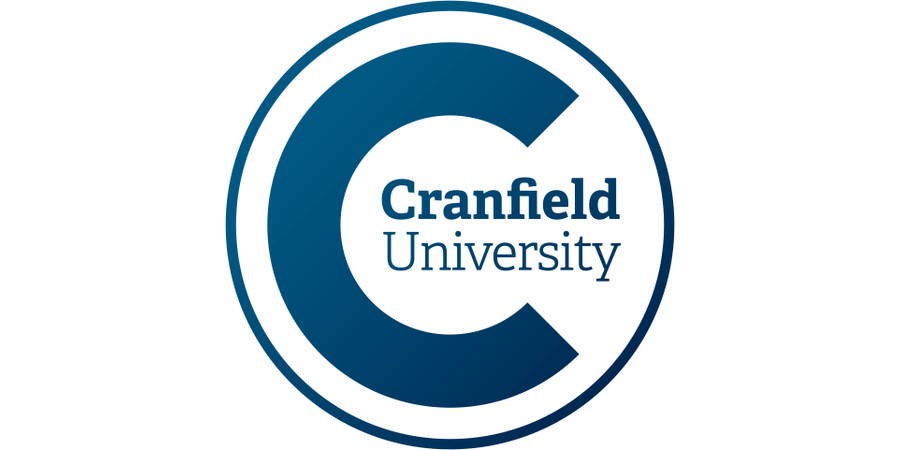PhD Studentship: Unveiling and enhancing nature-based solutions for mitigating emerging micropollutants
Cranfield University
| Qualification Type: | PhD |
|---|---|
| Location: | Cranfield |
| Funding for: | UK Students |
| Funding amount: | £25,726 - bursary per year with fees paid. |
| Hours: | Full Time |
| Placed On: | 27th June 2025 |
|---|---|
| Closes: | 23rd July 2025 |
| Reference: | SWEE0282 |
Duration of Award if full time preferred*: 4 years
1st Supervisor: Dr Tao Lyu
2nd Supervisor: Prof Bruce Jefferson
This exciting fully funded PhD, with an enhanced stipend of £25,726 per annum (with fees covered), will deliver a comprehensive understanding of micropollutant removal in different types of nature-based solutions (NbS) for water and wastewater treatment. The research will explore sustainable engineering strategies to boost their performance to deliver benefits for the environment and society. The outputs of this work will support practitioners in making informed investment decisions for resilient infrastructure that can ensure compliance with regulatory requirements and meets societal expectations.
Nature-based solutions (NbS) have gained increasing attention in recent years, with the UK at the forefront of deploying NbS to address various environmental challenges. Water Utilities have implemented NbS including treatment wetlands (TWs) and sustainable drainage systems (SuDs) at water recycling centres and within individual surface water catchment areas, respectively. These systems offer significant benefits, such as nutrient removal, flood attenuation, and biodiversity enhancement. However, there remains a gap in the assessment of emerging contaminants, such as pharmaceuticals, microplastics, and PFAS pollutants.
In addition to statutory Environmental Quality Standards (EQS), the Environment Agency has published the Prioritisation and Early Warning System (PEWS) to highlight the risks posed by priority chemicals in surface water. There remains a critical need to evaluate the efficacy of NbS in mitigating these statutory micropollutants. Following the monitoring, it is also essential to develop enhanced NbS strategies that target micropollutant removal and remain compatible with other ecological and environmental benefits.
The aims of this project are therefore to 1) benchmark the long-term performance of NbS (e.g. treatment wetlands and SuDs) through site surveys, 2) explore sustainable intensification strategies, including advanced media and engineering biology approaches, to enhance treatment performance, and 3) to conduct cost-benefits analyses and ecosystem assessments to support the application of intensified NbS strategies.
Applicants should have a minimum equivalent to a UK upper second class degree (2.1) and preferably an MSc in a relevant subject such as Environmental Engineering, Environmental Chemistry, Environmental Science, or Chemical Engineering. It is essential that the candidate has experience and/or an understanding of analytical chemistry and biological wastewater treatment. It is essential for candidates to hold a driving licence (incl. an international licence) as the role involves some field sampling around the UK.
For further information please contact: Dr Tao Lyu and Prof Bruce Jefferson
Email: t.lyu@cranfield.ac.uk(T.L.), b.jefferson@cranfield.ac.uk (B.J.) Phone: +44(0) 1234 754504
Advert information
Type / Role:
Subject Area(s):
Location(s):









